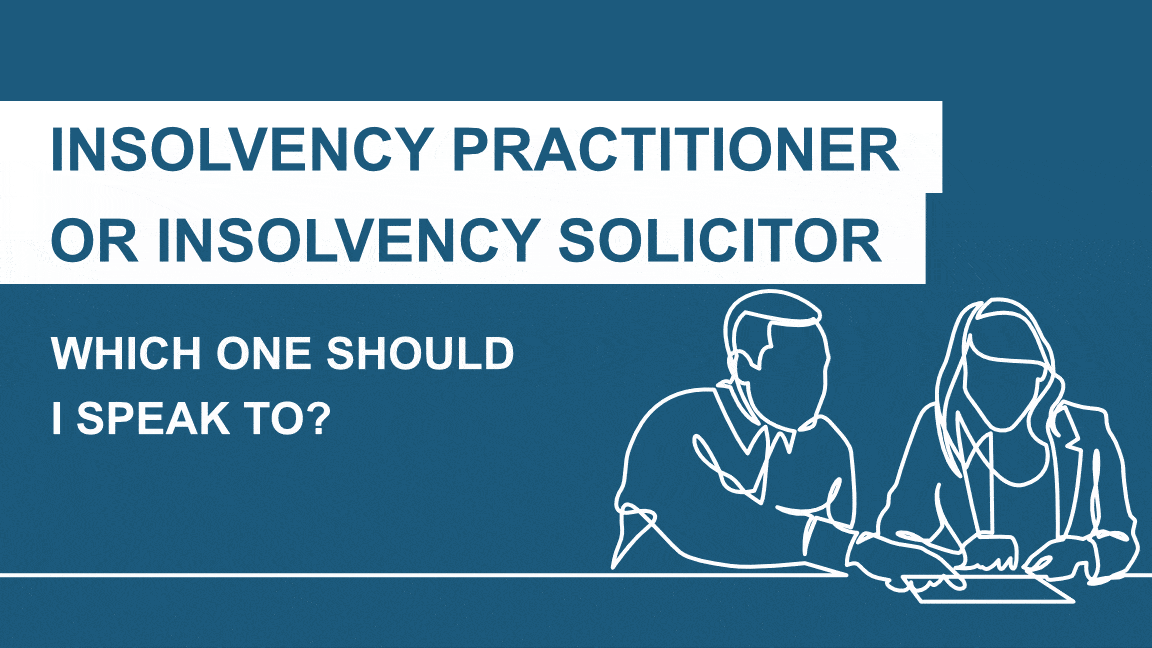Insolvency Practitioner Things To Know Before You Get This
Insolvency Practitioner Things To Know Before You Get This
Blog Article
What Does Insolvency Practitioner Do?
Table of ContentsSome Known Details About Insolvency Practitioner Insolvency Practitioner for DummiesAbout Insolvency PractitionerTop Guidelines Of Insolvency PractitionerGetting My Insolvency Practitioner To Work
Whether or not you need to use an insolvency expert (IP) to liquidate your business relies on numerous elements. While engaging a bankruptcy professional for all types of liquidation is not a legal demand, doing so can frequently streamline the procedure and guarantee compliance with lawful needs. Liquidating a business is a critical choice that comes with considerable consequences.
It is a procedure utilized when a firm does not have any kind of creditors, or every one of their financial institutions can be settled completely with statutory rate of interest. Recognizing the various sorts of bankruptcy processes can aid you establish the most effective strategy for your firm's liquidation or other official bankruptcy procedures itself.
This is necessary in order to stick to lawful demands - Insolvency Practitioner. This is due to the fact that IPs have the necessary certifications and experience to make certain that the liquidation process is performed based on all relevant laws and guidelines. By involving a licensed insolvency expert, you can have satisfaction recognizing that your business's liquidation procedure will certainly be managed properly and in compliance with the relevant legal requirements
How Insolvency Practitioner can Save You Time, Stress, and Money.
The bankruptcy practitioner is designated as a liquidator and is liable for handling the firm and liquidator's debts outstanding responsibilities and possessions. This procedure entails liquidating the business's possessions and dispersing the profits to creditors. Upon completion of the process, the firm is removed from the register at Business Residence.
Stopping working to do so can lead to individual responsibility for the business or director for the lender's financial debts. Voluntary liquidation, that includes Financial institutions' Voluntary Liquidation (CVL) and Members' Voluntary Liquidation (MVL), is started by the firm's supervisors and investors when they can no longer pay their debts. In a CVL, the bankruptcy professional is designated as the liquidator, in charge of managing company debts and all firm assets.

The Insolvency Practitioner Statements
By examining the proficiency and experience of potential bankruptcy professionals, you can make certain that you choose a professional that has the essential click here now credentials to manage your company's liquidation procedure successfully. While bankruptcy practitioner-led liquidation is commonly the most appropriate training course of activity for companies dealing with bankruptcy, there are alternate strategies to consider, such as striking off and partial liquidation.
It's important to assess all available options before selecting the next best option or training course of activity for your business. Striking off companies' signs up is a more simple and cost-effective method to close inactive or tiny business without any financial debts or possessions. To strike off a business, its name is removed from the Firms House register by sending form DS01.
Before going with striking off, it's critical to evaluate the benefits and disadvantages of this method and think about whether it's the best selection for your company. Partial liquidation is another choice to bankruptcy practitioner-led liquidation, wherein a firm sells off particular assets and obligations while continuing to operate with the remaining possessions and liabilities.
A Bankruptcy Practitioner will have the ability to advise you of the best strategy to take and make sure that everything runs efficiently. Regrettably, it is not possible to sell off a firm without a liquidator. Selecting an authorized bankruptcy expert is necessary for the procedure of voluntary liquidation to start.
The Insolvency Practitioner PDFs
It is possible to shut and liquidate your business without making use of a liquidator, supplied your business is solvent and you fulfill the qualification requirements to dissolve or liquidate it. If your company is bankrupt, you might be called for to use a liquidator and begin official insolvency treatments. Below are a few other helpful posts relating to business liquidation in the UK:.
Remaining in internet a position where you're not able to pay your firm's financial institutions is extremely difficult. In an effort to prevent boosting the degree of financial debt, many firms attempt to bargain straight with their lenders and accept a casual arrangement. If the financial obligation is fairly tiny and owed to one creditor, and the creditor is being participating, becoming part of an informal debt setup is most likely the most effective solution, instead than browsing the internet for 'an insolvency why not check here specialist near me'.
On the various other hand, if there are multiple financial institutions and the degree of financial debt is large, lenders might not be so willing or cooperative. In order to prevent liquidation or personal bankruptcy, it is better to work with an insolvency practitioner to attract up formal proposals and work out with creditors in your place.
The 5-Second Trick For Insolvency Practitioner
Whilst it is a method to handle financial obligation, there are significant dangers entailed with this kind of financial debt arrangement - Insolvency Practitioner. If a lender agrees to enter right into a casual arrangement (IA) where the debtor has actually accepted make regular, if lower, repayments to settle the financial debt, it's vital to stick to the contract

The financial institution is within their rights to back out of the arrangement and petition the courts for your company to be liquidated at any kind of time. A formal setup that has been suggested by a bankruptcy specialist on your part, and concurred by a financial institution, supplies a much safer option.
Report this page